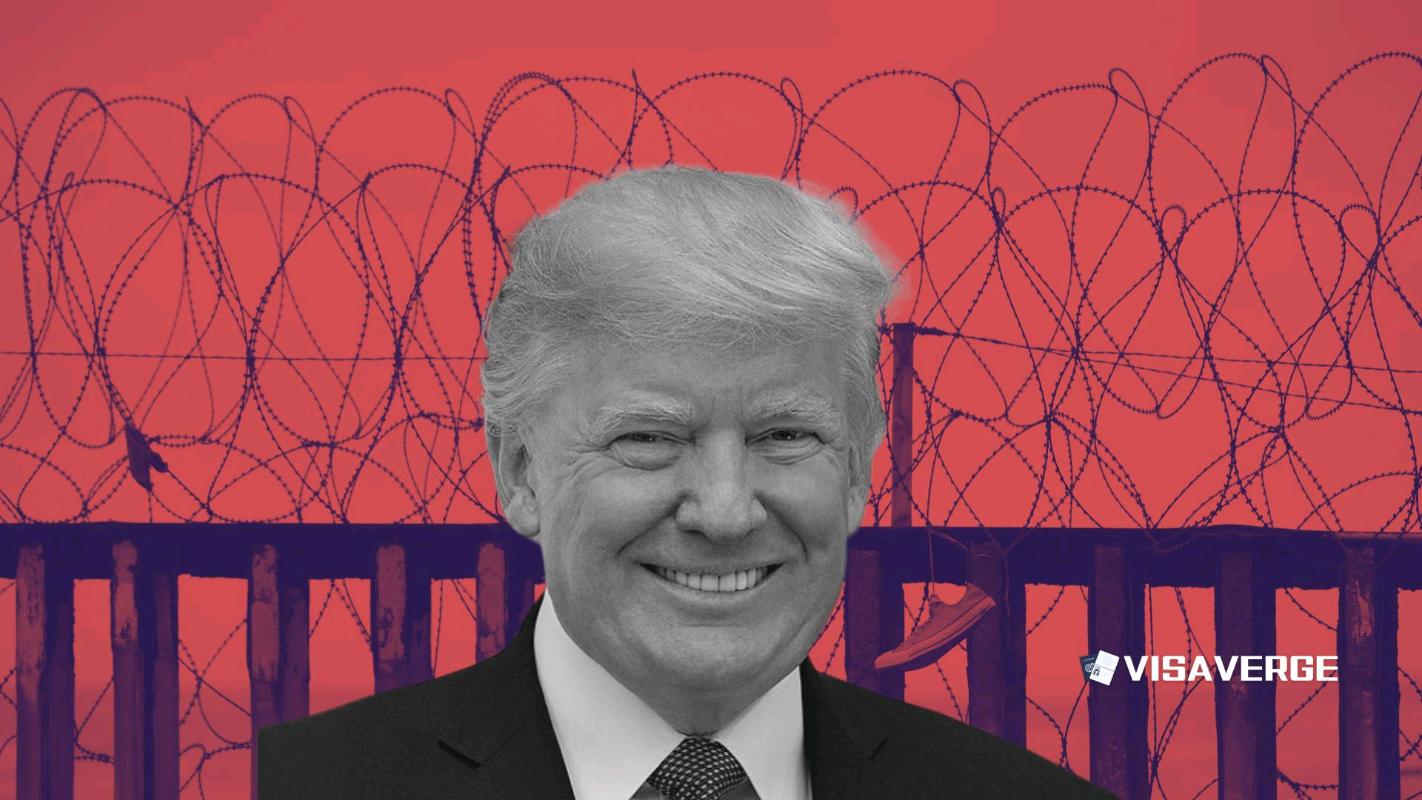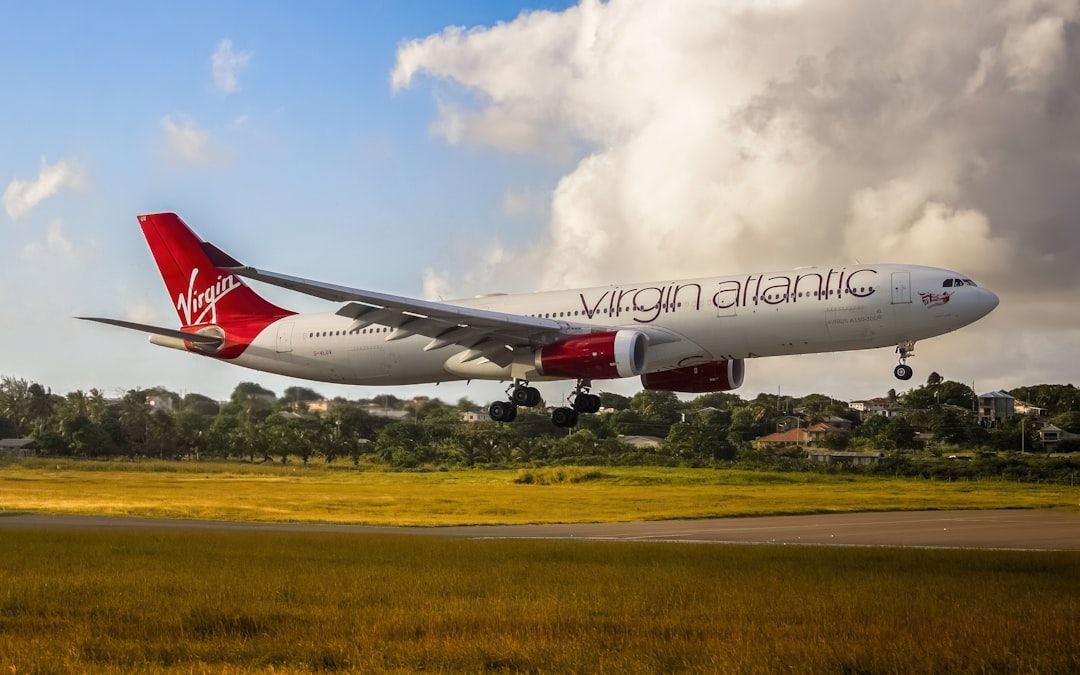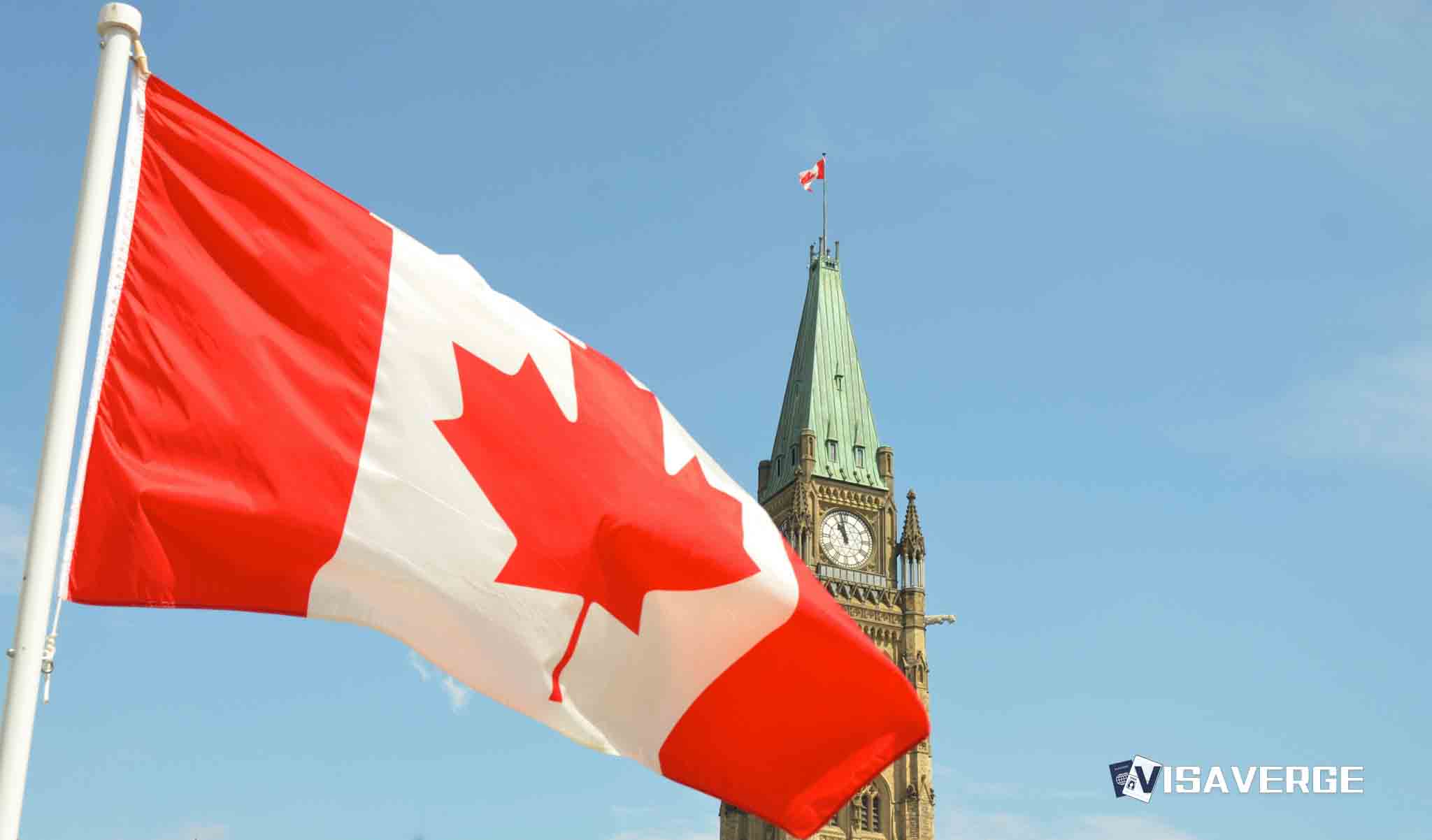(UNITED STATES) President Trump’s new 2025 policy imposing a $100,000 H-1B Fee on each new petition took effect on September 21, 2025, reshaping high-skill immigration and sending employers, campuses, and workers scrambling to adjust. The rule, paired with higher required wages for foreign professionals, aims to curb reliance on H-1B hiring.
Economists, business leaders, and immigration experts argue the move will backfire by pushing talent away, reducing innovation, and making Americans poorer in the long run. They warn the sharp price increase for each new H-1B petition could price out startups and many mid-size firms, shift advanced projects overseas, and lower the United States’ ability to compete for global talent.

Administration Rationale and Criticisms
The administration’s stated goal is to protect U.S. workers, especially in sectors where companies have used the H-1B program to cut costs. Officials cite cases where firms replaced American staff with foreign workers on temporary visas.
Critics counter that those cases are not the norm. They say the H-1B program, when paired with strong oversight, complements rather than replaces U.S. workers. Cited economic analyses suggest that increases in high-skilled immigration:
- Raise wages for native college graduates
- Boost patenting
- Drive growth in technology hubs
In this view, the new 2025 policy reduces the talent pool, weakens clusters that make American tech and research strong, and risks sending new ideas and investment to other countries.
What the Rule Does — Key Elements
- Effective date: Filings made on or after September 21, 2025.
- Fee: $100,000 H-1B Fee per new petition for foreign nationals outside the U.S.
- Wages: Department of Labor directed to raise required wage levels for H-1B workers.
- Scope: Applies to new petitions for workers outside the United States, with narrow, case-by-case national interest exemptions.
- Enforcement: The Departments of State, Labor, and Homeland Security coordinate stricter documentation, verification, and adjudication rules.
Agencies emphasize heavier verification and paperwork reviews. Employers report more intense scrutiny and longer preparation timelines.
For official program details that remain unchanged in law but are affected in practice by the new costs, readers can consult the U.S. Citizenship and Immigration Services H-1B page: https://www.uscis.gov/working-in-the-united-states/temporary-workers/h-1b-specialty-occupations.
Enforcement & Administrative Roles
- Department of Labor: wage requirements, wage-level enforcement
- Department of Homeland Security: petition adjudication
- Department of State: visa processing
This multi-agency oversight increases scrutiny at each stage: job duties, pay levels, work locations, and company records are under closer inspection. Early employer feedback notes heavier requests for evidence and longer processing timelines.
Research and Economic Arguments
Multiple peer-reviewed studies commonly cited in the debate link high-skilled immigration to positive economic outcomes:
- Peri, Shih, and Sparber (2015)
- Kerr, Kerr, and Lincoln (2015)
- Lincoln and Kerr (2008)
These studies suggest that when advanced roles are filled:
– Teams become more productive
– Companies expand
– Local hiring rises
Critics argue the policy’s combination of a six-figure fee and higher wage floors will shrink new H-1B additions and slow economic growth, reducing wages and innovation over time.
Who Is Most Affected
- Startups and small/mid-size firms: Often recruit one or two specialized professionals per year. A six-figure fee can equal or exceed a year of runway or erase margins on new products.
- Universities and hospitals: Depend on international scholars for research, mentorship, and translation of discoveries to market. Delays or cancellations can slow grant work, reduce patents, and shrink campus startup pipelines.
- Tech and biotech clusters: Rely on agglomeration effects—shared knowledge, supplier networks, and deeper hiring pools. Reduced flows of talent can weaken these hubs, making it harder to attract future hires.
- Large corporations: Better able to absorb the charge, which may concentrate hiring power and reduce competition.
VisaVerge.com analysis warns of a “sorting effect”: only the biggest, cash-rich companies can continue filing at prior levels, while startups and research-heavy small firms pull back or cancel plans.
Economic Stakes, Offshoring Risk, and Long-Run Effects
High-skill immigration often complements U.S. workers rather than displacing them. When firms cannot bring talent to the U.S. at reasonable cost, they may:
- Offshore work to teams abroad
- Move related jobs (support, sales, manufacturing) overseas
- Set up research operations in friendlier jurisdictions
These shifts can cause a negative feedback loop: fewer specialists → fewer ambitious projects → harder to attract next wave of hires → weaker clusters. The long-run risks include fewer patents, fewer spinoffs, lower wage growth, and slower economic expansion.
“If the fee and wage rules close the pipeline, the policy will likely make Americans poorer—by closing the door on talent that helps build jobs, companies, and new ideas in the United States.”
Human and Organizational Impact
- Workers outside the U.S. report delays or cancellations of offers and uncertainty about relocations, schooling, and housing.
- Employers debate whether to move projects abroad or wait for legal changes.
- U.S. staff worry that promotions and raises may slow if new product work is shelved.
- Venture investors fear portfolio companies will fall behind foreign competitors who can assemble teams faster and cheaper.
Employers are trying coping strategies:
1. Shrinking project scope to fit domestic hiring pools
2. Spacing out hires across budget years
3. Seeking narrow national interest exemptions (unpredictable)
4. Moving exploratory work abroad, with plans to follow if policy remains
Once teams are set up abroad, they often stay there even if rules change.
Early Implementation Effects and Legal Challenges
- As of September 23, 2025, the fee is in force for new petitions filed after the effective date.
- Employers report a sharp drop in new filings—particularly among smaller firms and research-heavy startups.
- Universities and hospitals are reassessing hires for overseas candidates not yet in the U.S.
- Legal challenges are underway to test agency power and rule scope; outcomes may change implementation.
Practical budget effects: a planned 10-person advanced analytics team with 2–3 foreign experts may become financially unworkable or shift overseas. The fee plus higher wage floors and compliance costs can add hundreds of thousands of dollars to staffing plans.
Points of Agreement and Remaining Debate
Both supporters and critics agree on one thing: the stakes are high. The H-1B program sits at the crossroads of education, research, and business formation.
Supporters argue:
– Policy protects U.S. workers from unfair competition
– Employers and schools should prioritize U.S. talent and raise pay where needed
Critics argue:
– Isolated abuses should be addressed with audits, penalties, and targeted enforcement—not a blanket fee
– The fee does not reward good actors or punish abusers; it makes every new hire far more expensive
– Cutting the pipeline risks turning away the people who build future industries and raise living standards
Immediate Decision Framework for Employers
Employers weighing new filings face a stark equation:
- For each candidate outside the country, decide whether $100,000 upfront + higher wages + compliance costs can be justified by the individual’s value.
Typical outcomes:
– Many will decline
– Some will reassign work abroad
– A few (large firms or must-have projects) will proceed
Early signals and economic research point toward fewer hires, slower growth, and lower future wages for Americans if the policy remains in place.
Final Takeaway
The immediate effect of the $100,000 H-1B Fee and higher wage requirements is to narrow the pipeline of high-skill immigration into the United States. Critics argue that narrowing will lead to:
- Slower progress in product development and research
- Fewer patents and spinoffs
- Lower wage growth for American workers over time
Supporters contend the policy defends domestic labor markets and incentivizes hiring and training of U.S. workers. The outcome will depend on court challenges, future rulemaking, and how employers adapt. In the near term, the fee’s size, the higher wage floor, and the heavier compliance load combine to reduce new hiring in fields that depend on scarce, advanced skills—shaping where ideas are developed, where companies take root, and where workers build careers.
This Article in a Nutshell
The 2025 policy, effective September 21, 2025, imposes a $100,000 fee on each new H-1B petition filed from abroad and directs the Department of Labor to raise prevailing wage levels. The administration frames the measures as worker protection, citing instances of firms replacing U.S. employees. Critics, economists, and business leaders warn the fee and higher wage floors will price out startups and mid-size firms, reduce innovation, and encourage offshoring. The Departments of State, Labor, and Homeland Security have increased verification and documentation requirements, producing longer timelines and heavier compliance costs. Early effects include a sharp drop in filings, university and hospital reassessments, and legal challenges that may alter implementation. Long-term economic outcomes depend on court rulings, future rulemaking, and employer adaptation.








